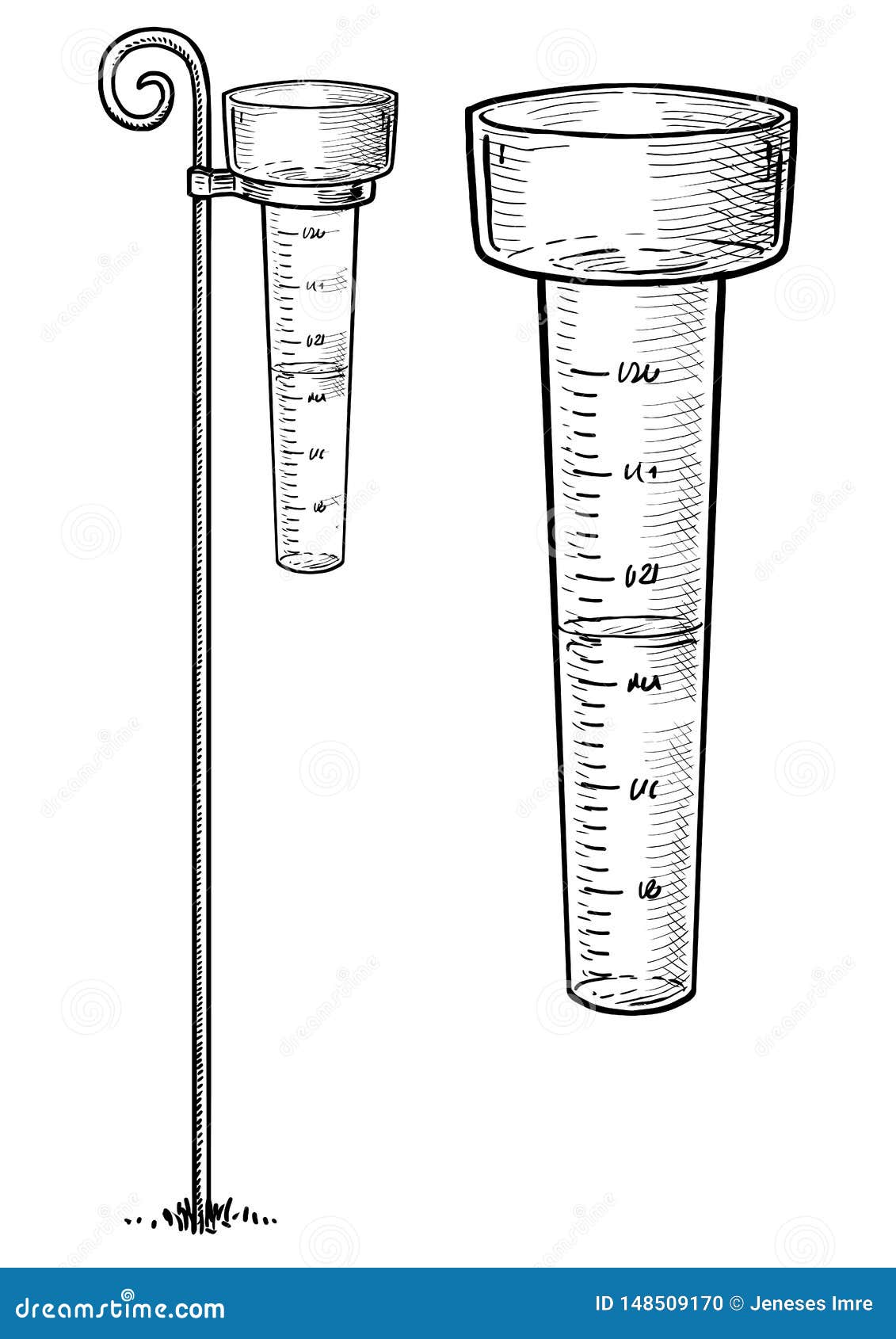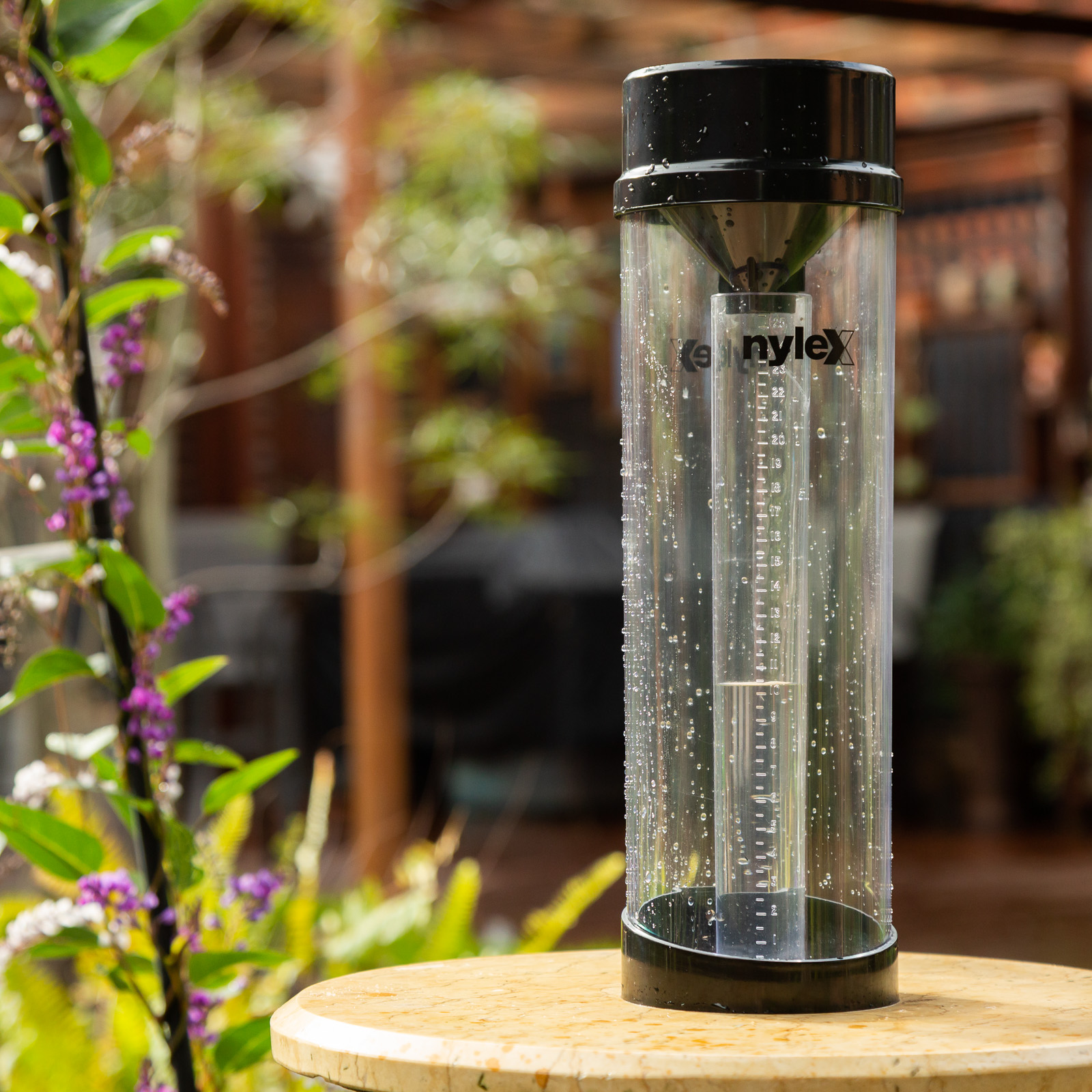The Ultimate Guide to Selecting the Right Rainfall Gauge for Your Yard: Enhance Plant Health With Proper Irrigation Management
In the realm of garden upkeep, the role of precise irrigation management can not be overstated. Ensuring that your plants get simply the best amount of water is a delicate balance that can considerably influence their wellness and development. One essential device in attaining this equilibrium is a rainfall gauge, a straightforward yet necessary tool that allows you to monitor and adjust your watering practices according to the specific requirements of your garden. As we browse through the nuances of choosing one of the most ideal rainfall scale for your horticulture undertakings, understanding the numerous types available and the vital aspects to take into consideration will certainly lead the way for optimal plant care.
Importance of Rainfall Scales
Using rain evaluates is paramount for gardeners and farmers alike to precisely monitor and gauge rainfall levels important for optimal plant development and irrigation management. Rainfall assesses offer crucial information that helps in making informed choices relating to watering routines and the overall wellness of plants. By understanding the exact quantity of rainfall obtained in a particular location, gardeners can adjust their watering practices accordingly, making sure that plants receive ample water without the danger of overwatering, which can bring about root rot and other concerns.
In addition, rain evaluates aid in figuring out the performance of watering systems, allowing for the efficient use of water resources. In essence, rain assesses offer as vital devices for keeping a healthy garden or farm by assisting in accuracy in irrigation practices.

Kinds of Rain Gauges
Electronic rainfall gauges have sensing units that spot rain and send data to a display or mobile gadget, offering real-time tracking of rains levels. There are also wireless rainfall determines that can transmit data over long distances, making them appropriate for monitoring rainfall in remote areas. Generally, picking the appropriate kind of rainfall gauge depends on variables such as the degree of precision required, convenience of usage, and the specific needs of your garden or landscape to successfully take care of watering and boost plant wellness.
Factors to Think About
When choosing a rain gauge for your garden, it is important to take into consideration numerous factors that will affect its effectiveness in accurately gauging rains levels. The very first aspect to think about is the product of the rain gauge. Go with top notch materials like long lasting plastics or metals that can endure outside elements and ensure durability. Secondly, think of the layout of the rainfall scale. Search for a design that is simple to check out and vacant, with clear measurement markings. In addition, take into consideration the dimension of the rainfall gauge. A larger capability rain gauge is more suitable if you live in an area with heavy rains, as it will certainly be able to record even more water without overflowing. One more vital element is the stability of the rainfall gauge. Pick a design that comes with a steady base or mounting alternatives to stop tipping over in gusty conditions. Last but not least, consider any added features that might enhance the capability of the rain scale, such as a particles filter or a bird spike to avoid obstructions. By thoroughly reviewing these elements, you can choose a rain gauge that will properly keep track of rains in your yard.
Setup and Maintenance Tips
Appropriate setup and routine maintenance are key variables in ensuring the optimum efficiency of your selected rain gauge for keeping track of rainfall in your yard. When mounting your rain gauge, area it in an open location away from challenges such as buildings or trees that could block rainfall.
Routine maintenance is important to maintain your rainfall gauge functioning appropriately. Clean the scale regularly to prevent particles accumulation that might interfere with dimensions. Inspect for any splits advice or damages that might affect its accuracy and resilience. Vacant the scale after each rainfall to plan for the next dimension properly. Take into consideration calibrating your rainfall gauge periodically to guarantee its precision. rain gauge.
Making Use Of Rain Scale Data
Using the information collected from your rain scale is crucial for informed decision-making in yard administration. By assessing the information offered by your rainfall scale, you can tailor your irrigation methods to fulfill the particular requirements of your plants. One vital aspect of using rain scale data is understanding the rainfall patterns in your location. This knowledge allows you to readjust your watering schedule appropriately, making certain that your plants receive sufficient wetness without being overwatered. Furthermore, monitoring the rains levels can help you save water by preventing unnecessary irrigation during periods of adequate natural precipitation.
Another advantage of making use of rainfall gauge data is the ability to track long-term trends in rains. By maintaining records of precipitation levels with time, you can make and recognize patterns notified decisions concerning plant choice, irrigation approaches, and yard style. This data-driven technique enables you to optimize water use, advertise plant health and wellness, and enhance the total sustainability of your yard. In conclusion, integrating rainfall gauge data right into your garden management techniques can result in more efficient watering, healthier plants, and a flourishing yard atmosphere.
Conclusion

Utilizing rain evaluates is critical for farmers and garden enthusiasts alike to properly gauge and check precipitation levels essential for optimum plant development and irrigation management. Digital rainfall gauges have sensors that identify rainfall and transmit information to a screen or mobile gadget, offering real-time surveillance of rainfall degrees. On the whole, selecting the best kind of rain gauge depends on variables such as the level of accuracy required, ease of usage, and the particular demands of your yard or landscape to efficiently take care of irrigation and boost plant health and wellness.

In final thought, picking the appropriate rain gauge for your yard is critical for effective irrigation administration and keeping explanation plant wellness.
Comments on “How to Pick the Right Rain Gauge for Reliable Rainfall Monitoring”